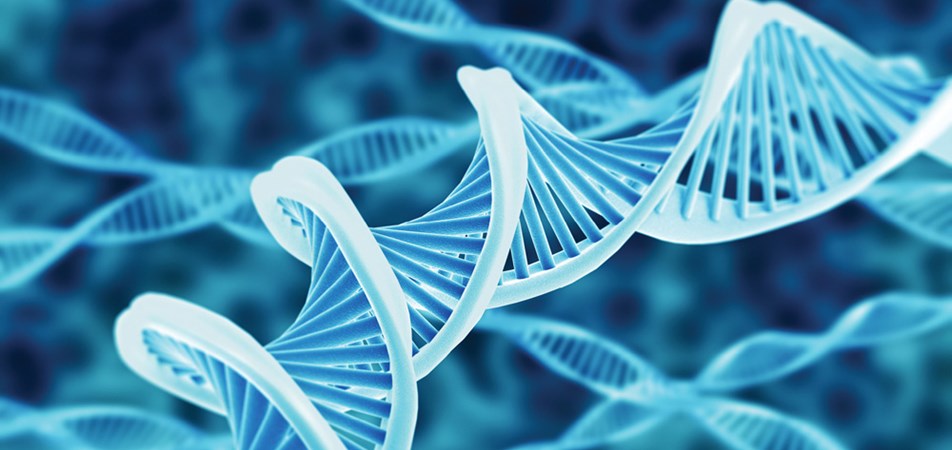To recover your password please fill in your email address
Please fill in below form to create an account with us

Translational Research
The CTC recognises the importance of collecting biospecimens from patients participating in our trials and their potential to enrich the research we do.
Many of our trials give patients the opportunity to donate their biospecimens, including blood, urine and (if related to cancer) tumour tissue samples, for translational research. These biospecimens are used in translational research (TR) studies to seek biomarkers. Biomarkers are biological flags that may help to select people most likely to benefit from a treatment, forecast future health status and survival or to spare particular patients from potential treatment side-effects.
The biomarkers can also be used as a tool in precision medicine - to select the right treatment, delivered at the right time for the individual patient. Some trials require patients to undergo specialised biochemical or molecular testing of their biospecimen for a specific biomarker or groups called ‘signatures’ - this is part of their screening to enter a trial.
In other trials patients donate biospecimens for TR studies that might answer a specific scientific question or generate information to test in larger trials. Cutting-edge techniques referred to as ‘Omics’ may be used to study large numbers of genes (genomics), proteins (proteomics), blood fats (lipidomics) and mRNA (transcriptomics) in these biospecimens.
This type of research is very informative and cost effective and greatly complements and extends the value of the original trial. Access to the biospecimens permits research into
Collection and storage of samples
The disease-specific samples from patients accrued to CTC trials are collected and catalogued from institutions across Australia, New Zealand and around the world.
The samples are collected from consenting patients under appropriate ethics approvals. Samples are collected and processed according to standard protocols for each study. The samples are stored according to current University of Sydney policies and procedures, as well as ethical, regulatory and legal guidelines of clinical trial research and human research including the National Statement on Ethical Conduct in Human Research. These samples are stored at a range of specialised biospecimen repositories in Australia and overseas. The repositories store the samples under appropriate storage conditions (eg temperature controlled) and in areas accessible only to authorised personel.
Samples are coded and can only be linked to the clinical database by the CTC.
Samples are then linked to an associated set of clinical data.
Access to biospecimens in research collaborations
All research proposals undergo a scientific review process. Proposals are reviewed by the trial management committee for the specific trial and relevant scientific advisory committees and working parties.
Written proposals must describe the research project, hypothesis, underlying scientific premise, rationale for access to biospecimens from a trial/study, and statistical considerations must be provided. Adequate funding must be sought or received and human research ethics approvals obtained for the proposal.
Contact
For oncology contact ctc.translationalres@sydney.edu.au
Resource links